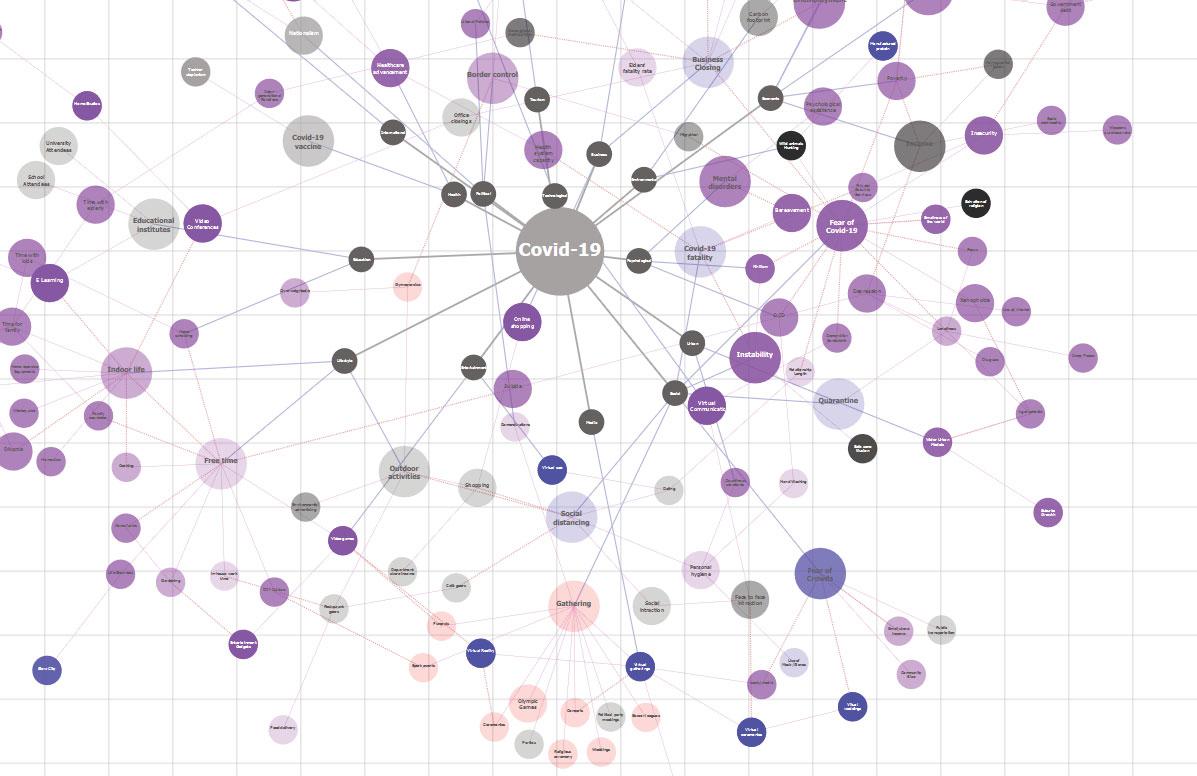Environment and Social Responsibility. A sustainable future requires greater emphasis on investment focused on improving the quality of the environment; combined with greater recognition for the need to take climate change issues even more seriously. ‘Business’ needs to have a greater social agenda within its overall purpose, aligning them more closely with the UN Sustainable Development Goals (SDG). There is also scope for much greater emphasis on the role and importance of social enterprises, in industries such as railways, in an attempt to get the best of techniques from both private and public sectors.
Digital Infrastructure. Support is required to ensure every citizen can make greater use of the internet, in almost every area of our personal and working lives, particularly in education. This development will increase the pressure for more flexible working in many industries, as well as online learning which is increasingly location independent.
Leadership. Less emphasis on the arrogant, opinionated, egotistical, authoritarian, ‘leadership’ styles. In its place, greater emphasis on a more collaborative approach that recognizes ‘purpose’, and evidence, is more important than the ‘personalities’, prejudices and short-term politics, of those involved. Such a move - especially when combined with other items mentioned here, should help improve levels of trust within society.
40
HUMAN FUTURES
Purpose. There is an urgent need for an overall move to a society (world) more concerned with values and wisdom, rather than the current obsession with money, as the key measure of personal and societal success.
The New ‘Normal’. Governments should establish cross party approaches to cover the development of programmes that explore how to achieve a significant shift in our economic and social priorities into a more sustainable direction. To expect 100% agreement on the details of such a programme is unrealistic, but reaching 80% relatively quickly would be more than sufficient as a basis for action in the immediate future. Identifying the areas of disagreement within the other 20% is also important, and this could be the basis for future discussion in order to make progress over these and similar initiatives. The suggestions are generally applicable world-wide. There are no perfect answers. But there are plenty of areas where the development of detailed new initiatives and policies can be integrated into a coherent strategy as a basis for action. Such an approach can help reassure us that we are not ‘wasting the crisis’; as well help lead to a better, fairer, and more sustainable, society/ world for future generations.









